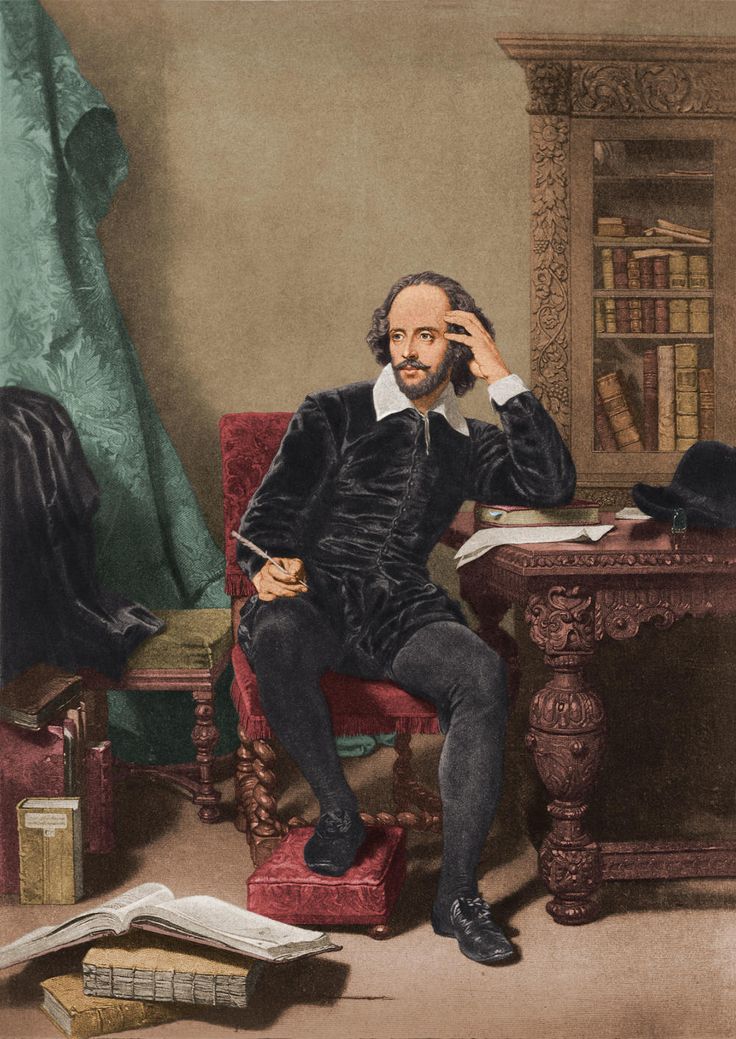William Shakespeare: The Bard of Avon
William Shakespeare (1564–1616) remains one of the most influential figures in the history of literature and theatre. Widely regarded as the greatest writer in the English language, Shakespeare’s works transcend time, inspiring audiences with their timeless themes, poetic brilliance, and profound insights into human nature.
Early Life and Education: William Shakespeare
William Shakespeare was born on April 23, 1564, in Stratford-upon-Avon, England. He was the third of eight children in the Shakespeare family. His father, John Shakespeare, was a glove maker and local official, while his mother, Mary Arden, hailed from a prosperous farming family.
Although details about Shakespeare’s education are scarce, he likely attended the King’s New School in Stratford, where he studied Latin, literature, and rhetoric. This foundation played a significant role in shaping his literary genius.
Life and Career: William Shakespeare
Shakespeare married Anne Hathaway in 1582, and the couple had three children: Susanna, and twins Hamnet and Judith. By 1592, Shakespeare had moved to London, where he began his career as a playwright and actor.
He was associated with the Lord Chamberlain’s Men (later known as the King’s Men), a theatre company that performed his plays. His works gained immense popularity, and by the early 17th century, Shakespeare was a well-established figure in the theatrical world.
Daily Life and Impacts: William Shakespeare
Shakespeare’s daily life revolved around the theatre. As a writer, actor, and part-owner of the Globe Theatre, he spent much of his time writing plays, rehearsing, and performing. His plays were not only a source of entertainment but also served as a mirror to society, addressing political, social, and personal issues with unparalleled insight.
His works had a profound impact on the cultural and artistic life of the Elizabethan and Jacobean eras. Shakespeare’s ability to capture the complexities of human emotion and his innovative use of language have left an enduring legacy, influencing literature, theatre, and the arts for centuries.
William Shakespeare Masterpieces
Shakespeare wrote 39 plays, 154 sonnets, and two narrative poems. His works are generally categorized into three genres: tragedies, comedies, and histories. Some of his most celebrated plays include:
- Romeo and Juliet: A tragic tale of love and loss that continues to captivate audiences worldwide.
- Hamlet: A profound exploration of revenge, madness, and existentialism.
- Macbeth: A chilling study of ambition, power, and moral corruption.
- A Midsummer Night’s Dream: A whimsical comedy filled with love, magic, and mistaken identities.
- Julius Caesar: A historical drama that delves into political intrigue and betrayal.
Fascinating Facts About William Shakespeare
- Lost Years: There is little documentation about Shakespeare’s life between 1585 and 1592, a period often referred to as the “lost years.”
- Inventor of Words: Shakespeare coined over 1,700 words and phrases, many of which are still in use today, such as “bedazzled,” “lonely,” and “wild-goose chase.”
- Universal Themes: His works explore timeless themes like love, power, jealousy, and mortality, making them relevant across generations.
- Popularity in His Time: Though highly respected, Shakespeare’s fame during his lifetime didn’t match the reverence he enjoys today.
- Globe Theatre: The original Globe Theatre burned down in 1613 during a performance of Henry VIII but was rebuilt in 1614.
Significance of William Shakespeare Work
Shakespeare’s contributions to literature and theatre are immeasurable. His works have been translated into every major language and performed more often than those of any other playwright. His plays are not just artistic masterpieces but also profound explorations of the human condition.
- Cultural Impact: Shakespeare’s works shaped the English language and Western literary tradition. His innovative use of metaphors, soliloquies, and iambic pentameter has set a benchmark for writers.
- Educational Importance: Shakespeare’s plays are a staple in educational curricula worldwide, teaching students about language, storytelling, and human psychology.
- Global Influence: His themes and characters resonate universally, inspiring adaptations in diverse cultures and mediums, from films to modern literature.
FAQs About William Shakespeare
1. Why is Shakespeare called the Bard?
He is called the Bard of Avon because “bard” refers to a poet, and he hailed from Stratford-upon-Avon.
2. What are Shakespeare’s most famous quotes?
Some iconic quotes include:
- “To be, or not to be: that is the question.” (Hamlet)
- “All the world’s a stage.” (As You Like It)
- “A rose by any other name would smell as sweet.” (Romeo and Juliet)
3. Did Shakespeare act in his plays?
Yes, Shakespeare occasionally acted in his plays, though he primarily focused on writing.
4. Where is Shakespeare buried?
He is buried in Holy Trinity Church in Stratford-upon-Avon, where his epitaph warns against moving his bones.
5. How did Shakespeare influence modern storytelling?
Shakespeare’s narrative techniques, character development, and exploration of universal themes have shaped modern storytelling, inspiring countless writers and filmmakers.
Significance of William Shakespeare in Society
Shakespeare’s works serve as a bridge between the past and present, reminding us of the enduring power of storytelling. His plays explore themes that resonate deeply with people across cultures, making him a timeless figure in literature and society.
- Emotional Connection: Shakespeare’s ability to portray complex emotions fosters empathy and understanding among audiences.
- Cultural Enrichment: His plays enrich cultural discourse, offering insights into historical and contemporary issues.
- Inspirational Legacy: Shakespeare’s life and works inspire creativity and remind us of the transformative power of art.
Wishing the William Shakespeare Legacy Forward
William Shakespeare’s contributions are not just relics of the past but living entities that continue to inspire and influence. Let us celebrate his genius by exploring his works and sharing his timeless wisdom. In a world filled with constant change, Shakespeare’s words remain a steady reminder of the enduring beauty of art and humanity.










